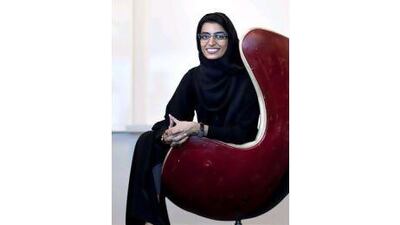1. Try to learn from all those around you, from the driver in your company to your colleagues, as well as the young. At some stage we all reach an age where we learn more from youth than from ourselves. They have more appetite than us; they are exploring everything around them, so learn from them.
2. Discipline and consistency are essential. My father was in the military for 40 years and my mother was a school principal for 30, so in my household you couldn't escape it. I try to bring discipline and consistency to my working environment. Your company is like a household with parents and children. If there is no consistency and the children are not taught discipline, it will be a troubled household.
3. You have to do a job well to succeed, no matter how you got the job in the first place. And linked to this, transparency is the key to a successful working environment and home. Things will never go well until everyone is in a room together, talking and working through differences.
4. Remember that your friends are a reflection of you; they portray who you are, just like the list of those you follow on Twitter does. Friends define you, so it is important to be selective.
5. Give something back. For some people, being Emirati is a wonderful free ride until the day they die, but others understand that giving back is how we started, how we got better.
As told to Helena Frith Powell
Follow Noura Al Kaabi on Twitter: @NouraAlKaabi

